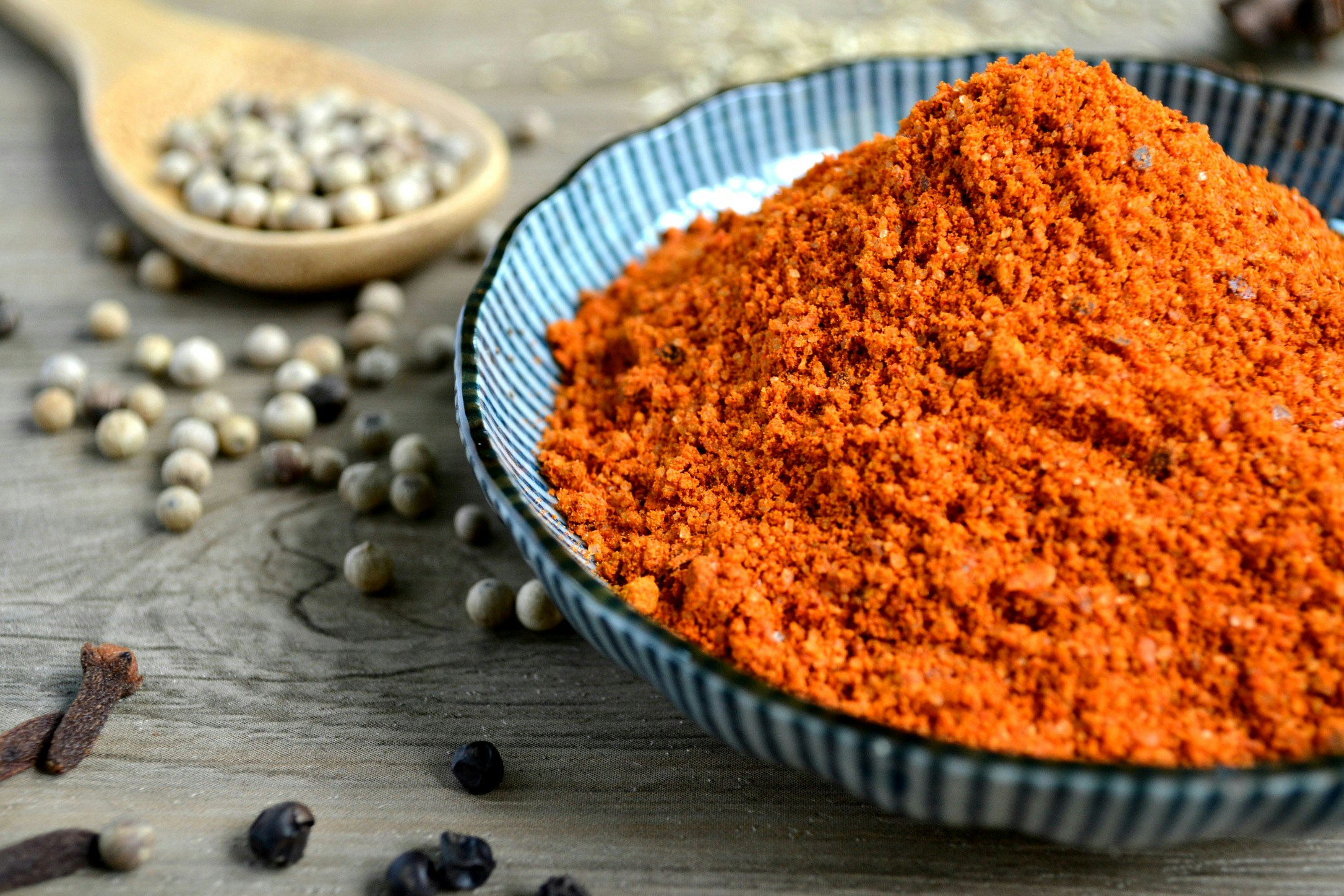
The Role of Spice Importer
Spices have been a crucial part of human civilization for thousands of yers, trasforming culinary traditions, influencing trade routes and even shaping economies and politics. A spice importer is an entity that specializes in sourcing, purchasing, and distributing spices from various parts of the world to meet the demands of diverse markets.
The Role of Spice Importer
A spice importer operates as a bridge between spice-producing regions, often located in developing countries with ideal climatic conditions for spice cultivation, and consumers or businesses in different parts of the world. The primary responsibilities of a spice importer include:
Sourcing and Procurement: Importers identify and establish relationships with reliable spice producers, this invloves visiting farms, understanding cultivation process and cultivation practices and ensuring the quality and sustainability of the spices.
Control Over Quantity: Quality is paramount in the spice trade. Importers ensure the spices meet stringent international standards for flavor, color, aroma and safety.This often involves rigorous testing for contaminants and pollutants, and ensuring compliance with food safety regulations.
LOGISTICS AND SUPPLY CHAIN MANAGEMENT: The logistics of importing spices are complex. Importers navigate international shipping, customs regulations and storage requirements to ensure that spices are delivered fresh and intact. This requires a deep understanding of global trade laws and efficient supply chain management.
Challenges Faced by Spice Importers
The spice import business is not without its challenges. Some of the key issues include:
Climate Dependency: The production of spices is heavily dependent on climatic conditions. Changes in weather patterns due to climate change can affect the yield and quality of spices.
Pest and Disease Management: Spices are susceptible to pests and diseases, affecting yield and quality. Importers work closely with producers to manage these risks.
Control Over Quantity: Quality is paramount in the spice trade. Importers ensure the spices meet stringent international standards for flavor, color, aroma and safety.This often involves rigorous testing for contaminants and pollutants, and ensuring compliance with food safety regulations.
Regulatory Compliance: Different countries have varying regulations regarding food safety and quality. Importers ensure that they comply with all relevant regulations to avoid legal issues and ensure consumer safety.
The Future of Spice Importing
The future of spice importing looks promising, driven by increasing global demand for diverse and exotic flavors. Consumers are becoming more adventurous with their culinary choices, and there is a growing interest in organic and sustainably sourced spices. Technological advancements in agriculture, supply chain management, and quality control are also set to revolutionize the industry.
Get In Touch
Contact Info
New Jersey, USA
info@flavicaspices.com
+1 (848) 234-5733